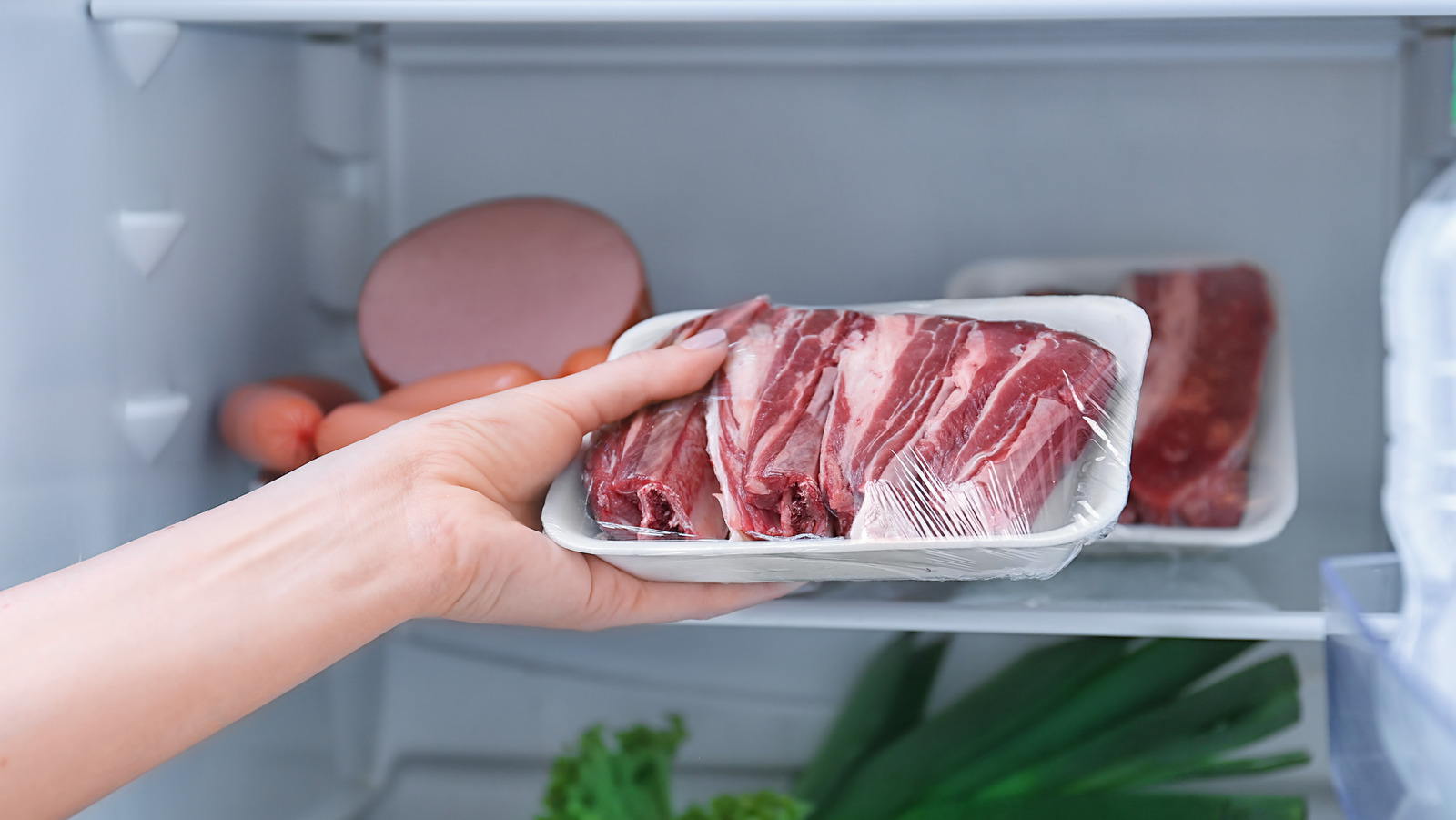

Articles
How To Store Deli Meat In Fridge
Modified: January 5, 2024
Discover the best way to store deli meat in your fridge with these helpful articles. Keep your deli meat fresh and delicious for longer periods of time.
(Many of the links in this article redirect to a specific reviewed product. Your purchase of these products through affiliate links helps to generate commission for Storables.com, at no extra cost. Learn more)
Introduction
When it comes to storing deli meat in the fridge, proper handling is essential to maintain freshness and prevent spoilage. Whether you’ve brought home some sliced turkey, ham, or roast beef from your local deli, knowing how to store it correctly will ensure that it stays safe to eat and retains its flavor for as long as possible.
Improper storage of deli meat can lead to bacterial growth, off flavors, and potential foodborne illnesses. With a few simple tips and tricks, you can extend the shelf life of your deli meat and enjoy it to the fullest. In this article, we will cover everything you need to know about storing deli meat in the fridge to help you keep it fresh and delicious.
Key Takeaways:
- Properly storing deli meat in the fridge is crucial for maintaining freshness and safety. Follow temperature guidelines, use airtight packaging, and organize your fridge to maximize deli meat shelf life.
- When storing deli meat, remember to adhere to recommended refrigeration durations, practice good hygiene, and trust your senses. By following these tips, you can ensure your deli meat stays fresh and safe for consumption.
Read more: How To Store Deli Meat
Ensure Proper Temperature
The first step in properly storing deli meat in the fridge is to ensure that the temperature is set correctly. The ideal temperature for refrigerators is between 34°F and 40°F (1°C and 4°C). Keeping your fridge at this temperature range helps slow down the growth of bacteria and keeps your deli meat fresh for a longer period.
To check the temperature of your fridge, use a reliable refrigerator thermometer. Place it in the center of the middle shelf, away from the walls or food items. Make sure to routinely monitor the temperature to ensure it remains within the safe range.
If you find that your refrigerator is consistently above 40°F (4°C), it’s essential to troubleshoot the issue. Check the door seals to ensure they are airtight and not allowing warm air to enter. Additionally, avoid overloading the fridge, as overcrowding can disrupt proper air circulation and temperature control.
By maintaining the correct temperature in your refrigerator, you’ll create an environment that discourages bacterial growth and helps preserve the quality of your deli meat.
Packaging Deli Meat
Proper packaging is crucial for storing deli meat in the fridge. Most delis wrap their meats in paper, which is not ideal for long-term storage at home. It’s best to remove the deli meat from its original packaging and repackage it in airtight containers or freezer bags.
Airtight containers help to maintain the freshness of the deli meat by preventing exposure to air and moisture. Opt for containers specifically designed for food storage, such as lidded glass or plastic containers. These containers will keep your deli meat protected and help prevent cross-contamination with other food items in the fridge.
Freezer bags are another convenient option for packaging deli meat. Choose high-quality bags that are thick and durable to prevent the meat from developing freezer burn. Place the deli meat in the bag, remove as much air as possible, and seal it tightly. Label the bag with the date of storage to keep track of its freshness.
When repackaging deli meat, consider dividing it into smaller portions. By separating the meat into smaller portions, you’ll only need to thaw what you plan to eat, reducing waste and ensuring that the rest of the meat remains safely stored in the fridge.
Remember to always wash your hands thoroughly before and after handling deli meat to prevent the spread of bacteria. This will help maintain the overall quality and safety of the meat.
Organizing Your Fridge
Proper organization is essential when storing deli meat in the fridge. By following a few simple guidelines, you can maximize space, reduce the risk of cross-contamination, and ensure that your deli meat stays fresh and safe to eat.
Firstly, designate a specific area in your fridge for deli meat. This will help prevent the meat from coming into contact with other raw or cooked food items, reducing the risk of cross-contamination.
Place the deli meat on a clean shelf or in a designated deli drawer, if available. If you don’t have a deli drawer, consider using a container or refrigerator bin to create a separate zone for the deli meat. This will help keep it secure and prevent it from being crushed or damaged by other items in the fridge.
When organizing your fridge, adhere to the general rule of food safety: store ready-to-eat items, such as deli meat, above raw meats, seafood, and poultry. This prevents any potential drips or juices from contaminating the deli meat. Additionally, keep the deli meat away from foods with strong odors, as it can absorb those odors and affect the taste and smell.
Labeling the containers or bags with the date of storage can also help you keep track of the freshness of the deli meat. This will ensure that you consume it within the recommended time frame.
Lastly, regularly clean and sanitize your fridge to maintain a hygienic environment. Remove any spills or leaks promptly and wipe down the shelves and drawers with a mild detergent solution. This will help prevent the growth of bacteria and keep your deli meat and other foods safe.
To store deli meat in the fridge, place it in an airtight container or resealable bag to prevent it from drying out or absorbing other odors. It should be kept in the coldest part of the fridge, typically the bottom shelf.
Duration of Refrigeration
The duration of refrigeration plays a vital role in ensuring the safety and quality of deli meat. While refrigeration helps slow down the growth of bacteria, it does not keep the meat indefinitely fresh. It’s important to be mindful of the recommended storage times to prevent the risk of foodborne illnesses.
In general, unopened deli meat can be safely stored in the refrigerator for 3 to 5 days. Once you open the package, the clock starts ticking, and the meat should be consumed within 3 to 4 days. However, it is always best to refer to the label or packaging for specific storage instructions provided by the manufacturer or deli.
It’s worth noting that these guidelines are for properly refrigerated deli meat and assume that the temperature is maintained within the recommended range. If your refrigerator temperature fluctuates or exceeds the optimal range, it may shorten the shelf life of the deli meat.
If you have an abundance of deli meat or won’t be able to consume it before it goes bad, consider freezing it for longer storage. Properly packaged deli meat can be stored in the freezer for up to 2 months without significant loss of quality. However, for the best flavor and texture, it’s recommended to consume frozen deli meat within 1 to 2 months.
Always trust your senses when determining the freshness of deli meat. If the meat develops an off odor, unusual appearance, or sliminess, it’s best to err on the side of caution and discard it.
Remember that these guidelines are for general reference, and factors such as the quality of the deli meat, individual refrigerator conditions, and personal sensitivity to foodborne illnesses may vary. When in doubt, it’s always best to discard the deli meat to prioritize your health and safety.
Read more: How To Store Turkey In Fridge
Tips for Storing Deli Meat
Here are some additional tips to help you store deli meat properly and maintain its freshness:
- Separate raw and cooked deli meat: Avoid storing raw and cooked deli meats together to prevent any potential cross-contamination.
- Use quality containers or bags: Invest in airtight containers or freezer bags that are specifically designed for food storage. This will help maintain the freshness of the deli meat and prevent it from absorbing odors.
- Label and date your packages: Clearly label your deli meat packages with the date of storage to ensure that you consume them within the recommended time frame.
- Consider slicing in smaller portions: If you purchase deli meat in bulk, consider slicing it into smaller portions before storing. This way, you can thaw only what you need, reducing waste and keeping the rest of the meat fresh.
- Rotate your stock: Practice a first-in, first-out approach when using deli meat. Use the older packages before opening new ones to ensure that nothing goes past its expiration date.
- Thaw frozen deli meat safely: If you’ve frozen deli meat and want to thaw it for use, do so in the refrigerator overnight or use the defrost setting on your microwave. Avoid thawing at room temperature to prevent bacterial growth.
- Use deli meat within a reasonable time frame: While deli meat can be stored for a few days, it’s best to consume it as soon as possible for optimum flavor and quality.
- Avoid excessive handling: Minimize the amount of time deli meat spends at room temperature by taking out only what you need. Excessive handling can increase the risk of bacterial growth.
- Practice good hygiene: Always wash your hands before and after handling deli meat to prevent the spread of bacteria. Keep surfaces clean and sanitized to reduce the risk of cross-contamination.
- Trust your senses: If the deli meat develops an off odor, sliminess, or unusual appearance, it’s better to discard it to avoid any potential foodborne illnesses.
By following these tips, you can ensure that your deli meat stays fresh, safe, and enjoyable for longer periods in the refrigerator.
Conclusion
Properly storing deli meat in the fridge is essential to maintain its freshness and safety. By following the guidelines outlined in this article, you can ensure that your deli meat stays delicious and free from harmful bacteria.
Remember to check and maintain the proper temperature in your refrigerator to slow down bacterial growth. Repackage the deli meat in airtight containers or freezer bags to protect it from exposure to air and moisture. Organize your fridge to prevent cross-contamination and label packages with the date of storage for easy tracking.
Be mindful of the recommended duration of refrigeration and consume the deli meat within the specified time frame. If you have excess deli meat, consider freezing it for longer storage, ensuring it remains properly labeled and packaged.
Follow additional tips such as separating raw and cooked deli meat, slicing into smaller portions, practicing proper thawing techniques, and practicing good hygiene throughout the storage process.
Remember that your senses are valuable indicators of the deli meat’s freshness. Trust your instincts and discard any meat that displays unusual odors, sliminess, or changes in appearance.
By implementing these tips and techniques, you can maintain the quality and safety of your deli meat, ensuring that it remains a delicious and safe option for your meals. Enjoy your deli meat with peace of mind, knowing that you have stored it properly and optimized its freshness.
Frequently Asked Questions about How To Store Deli Meat In Fridge
Was this page helpful?
At Storables.com, we guarantee accurate and reliable information. Our content, validated by Expert Board Contributors, is crafted following stringent Editorial Policies. We're committed to providing you with well-researched, expert-backed insights for all your informational needs.


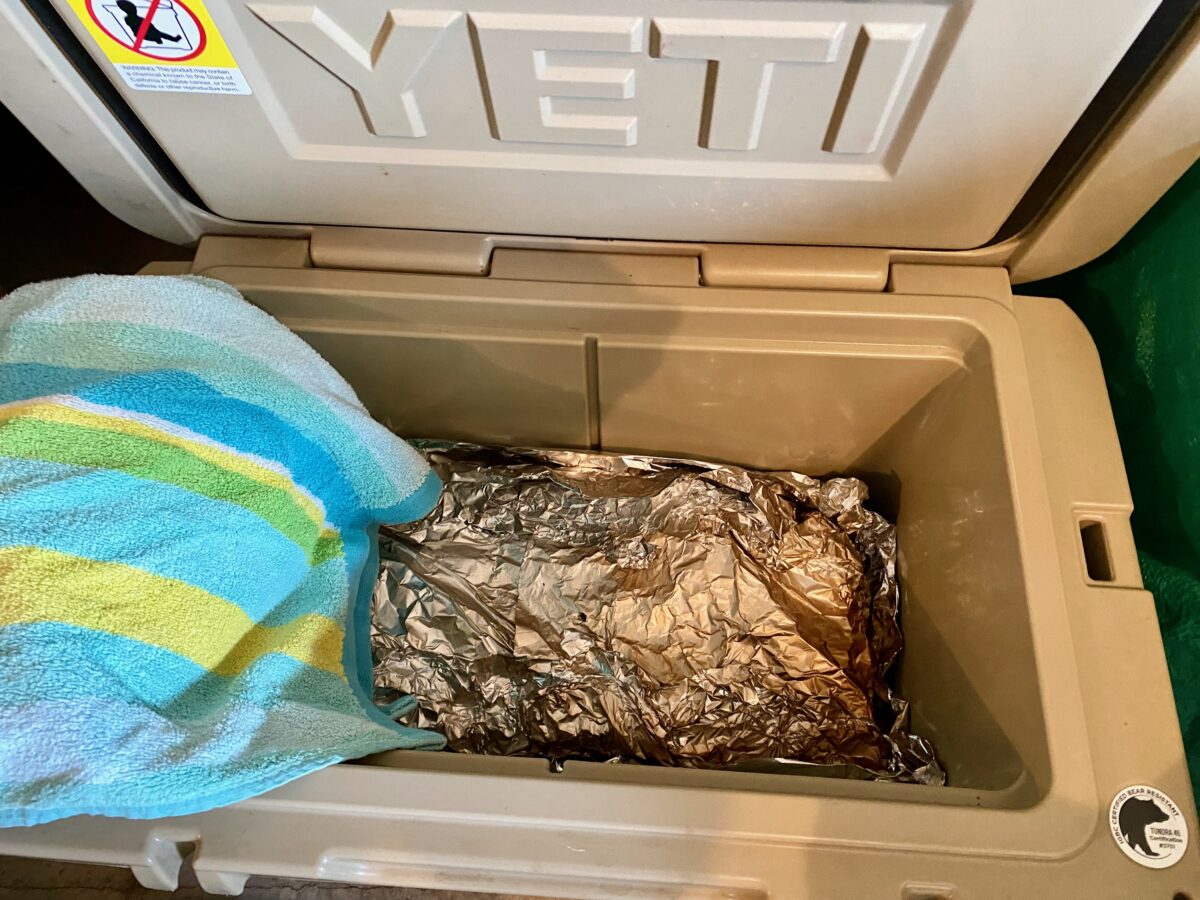
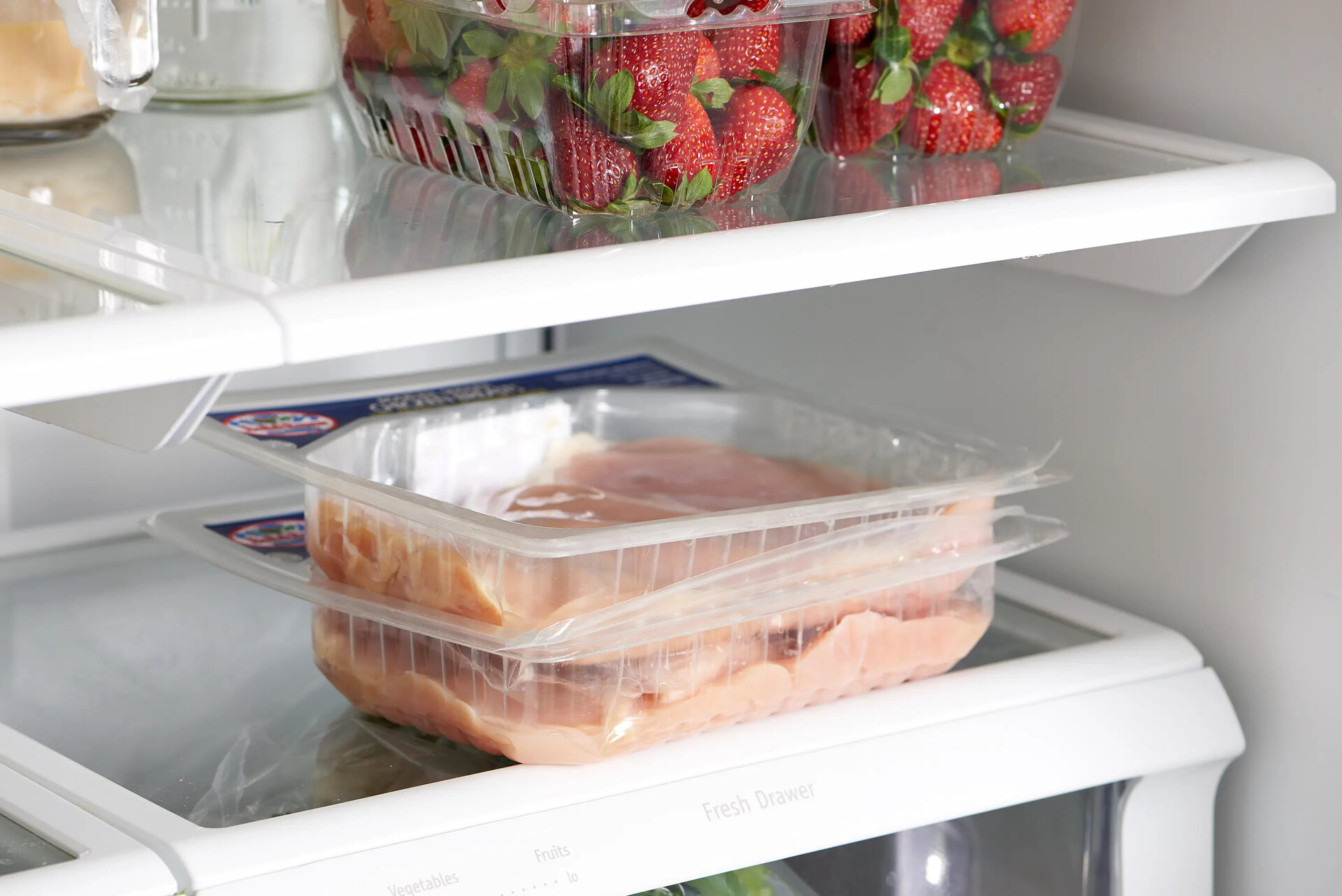
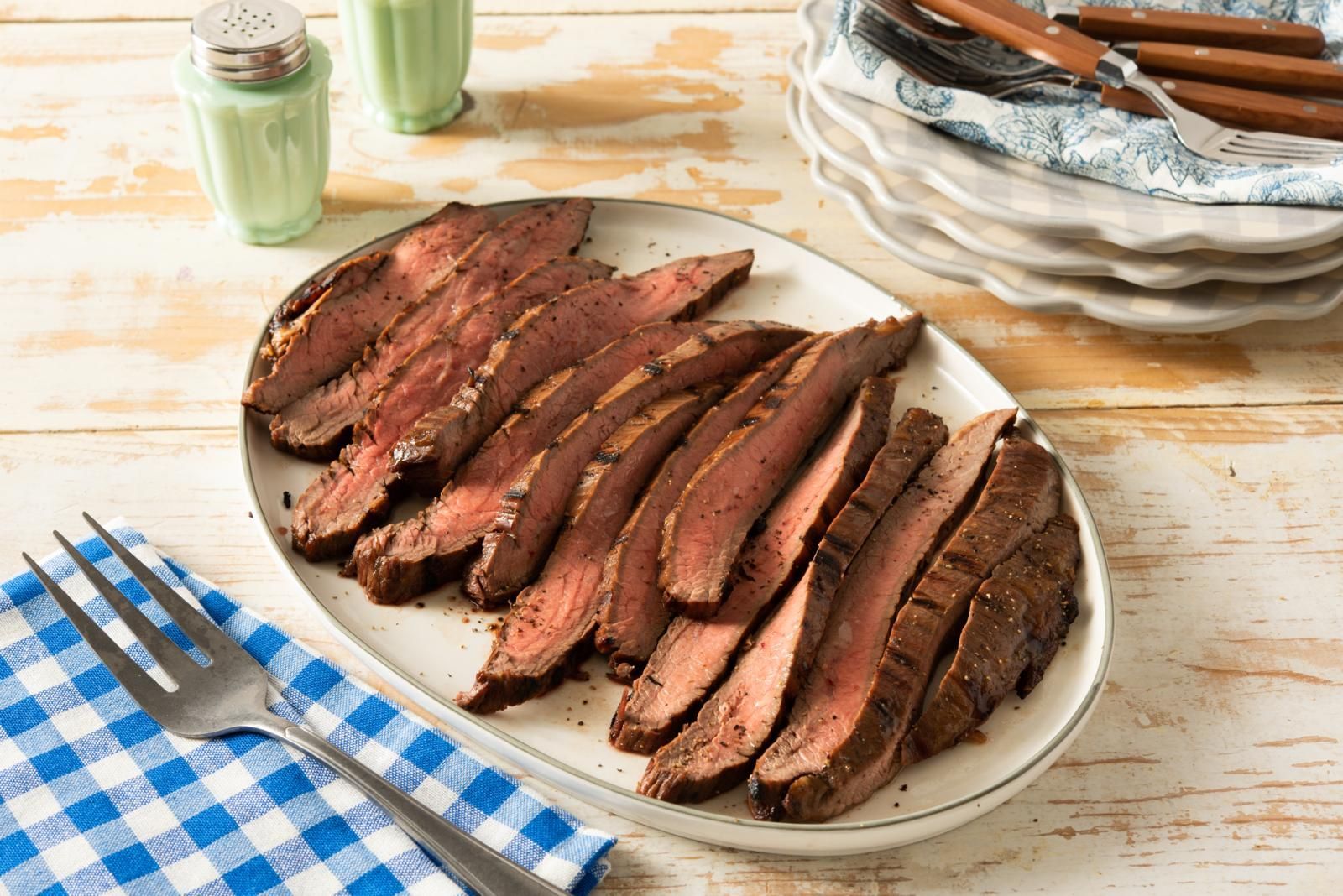
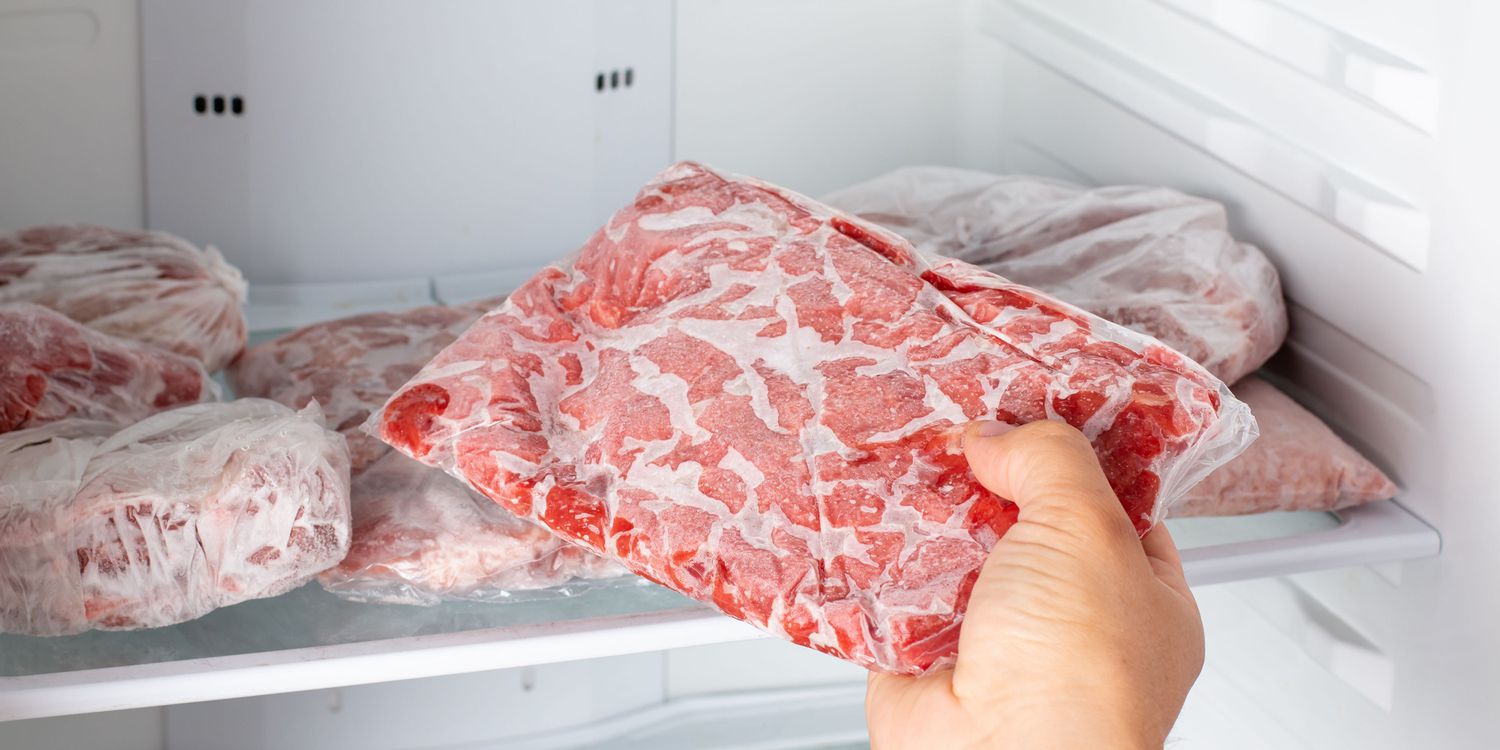


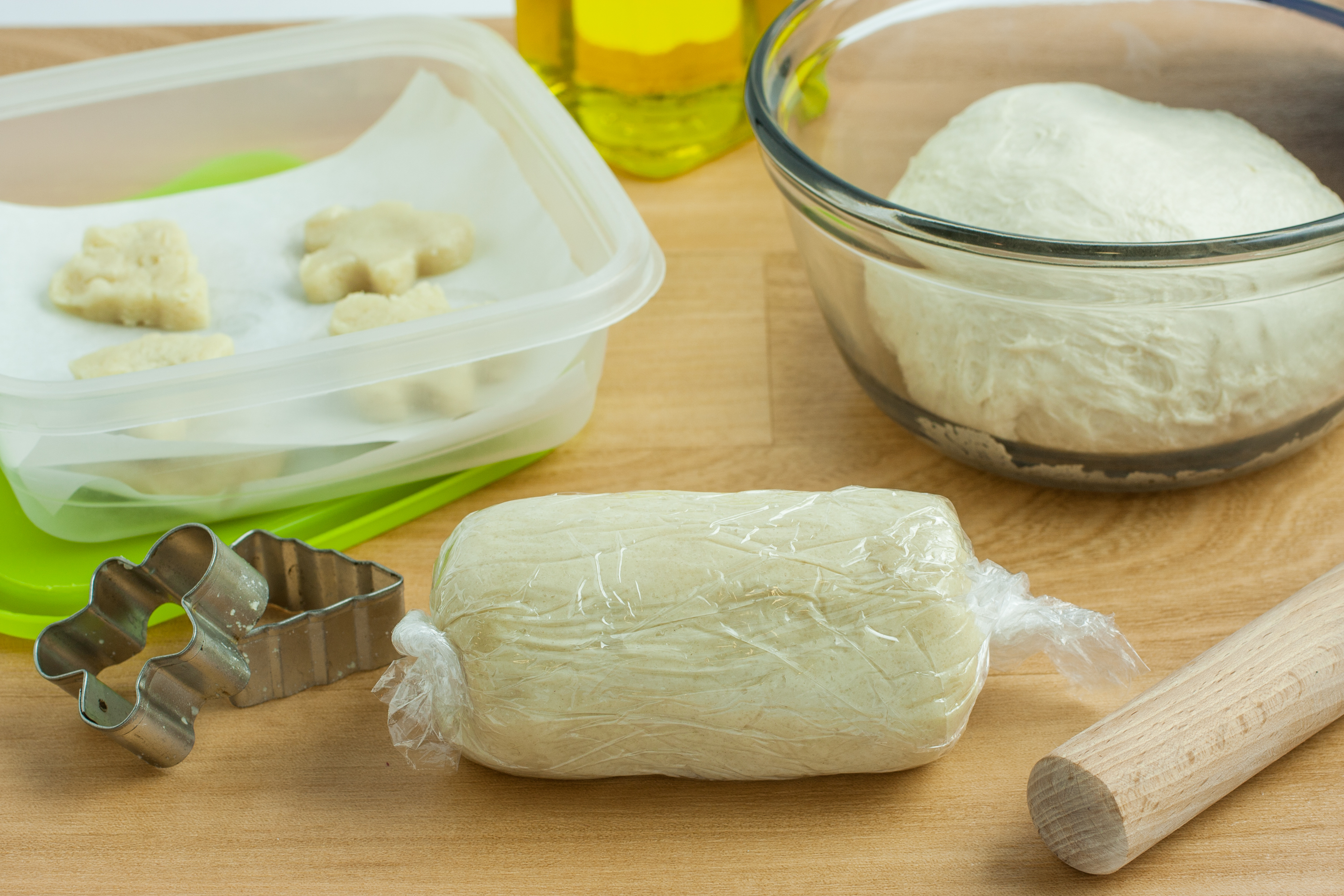



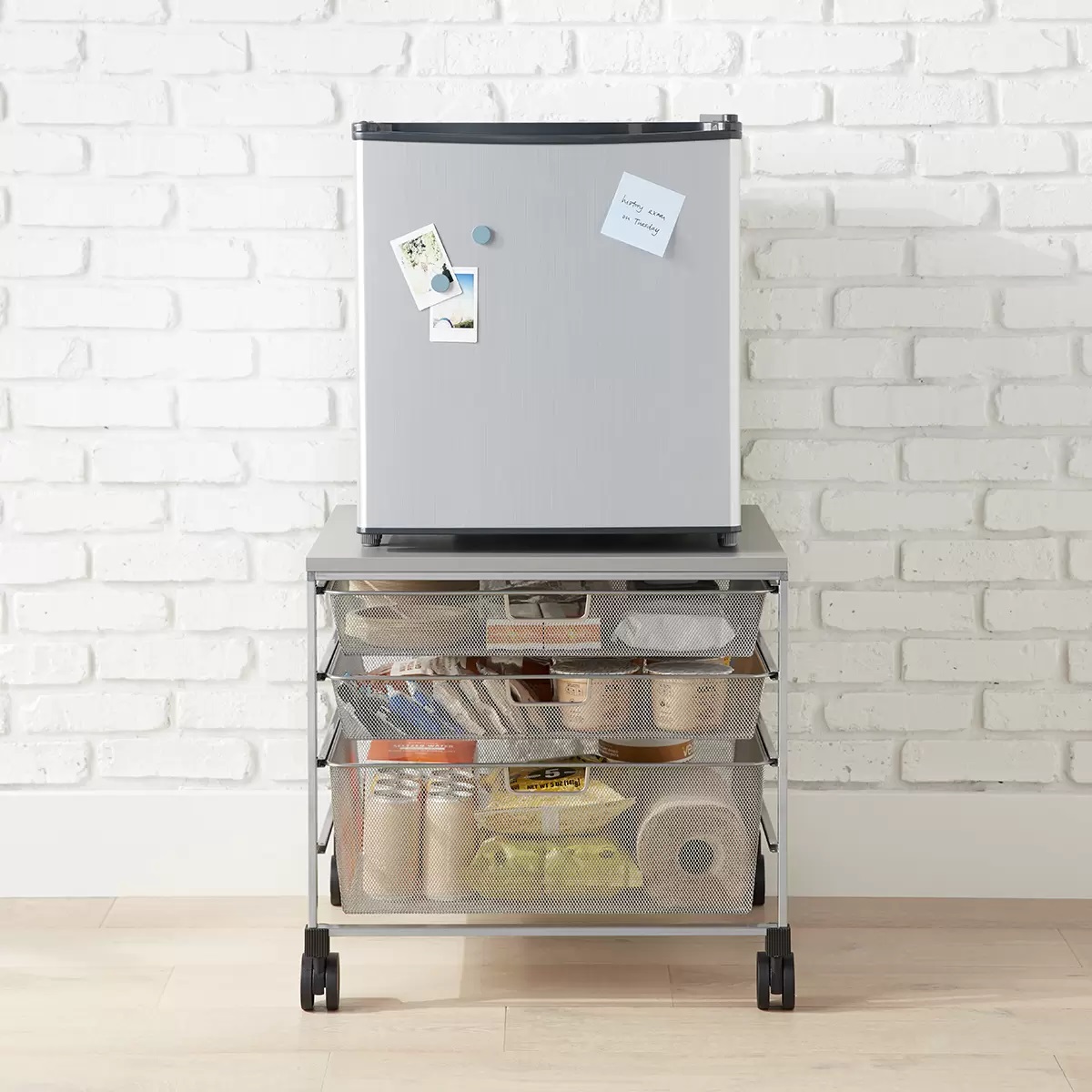
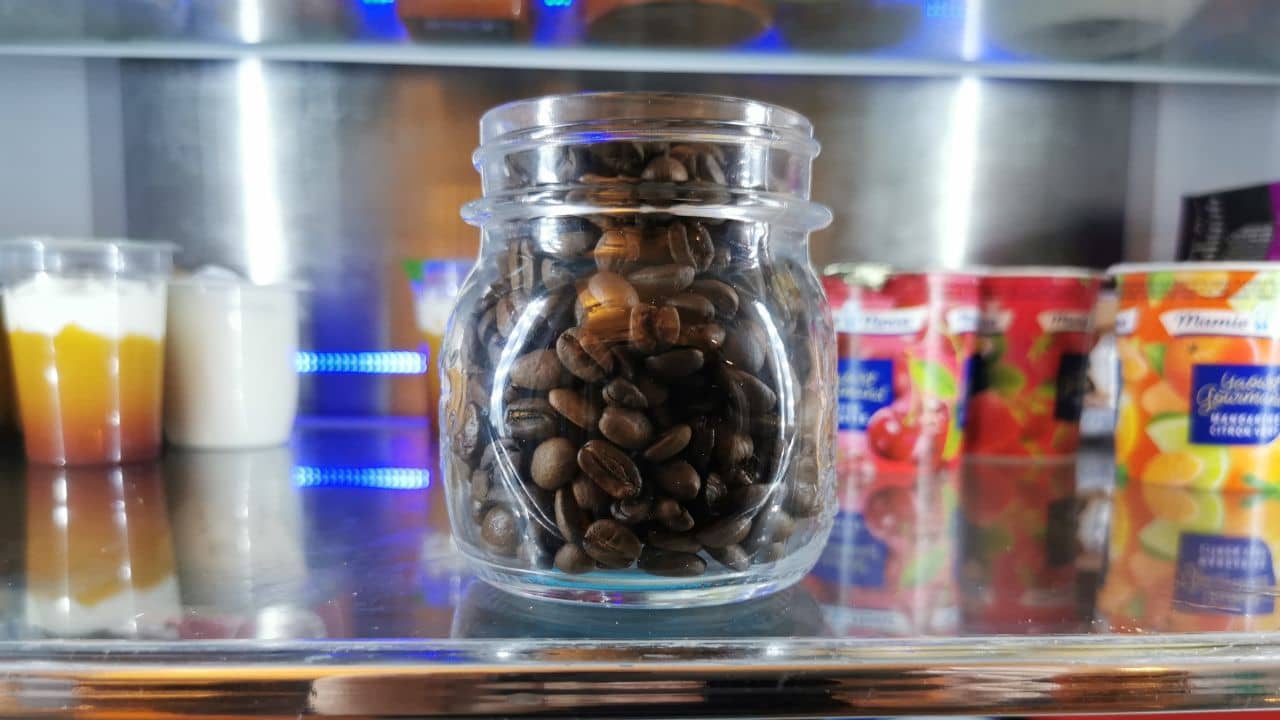

0 thoughts on “How To Store Deli Meat In Fridge”